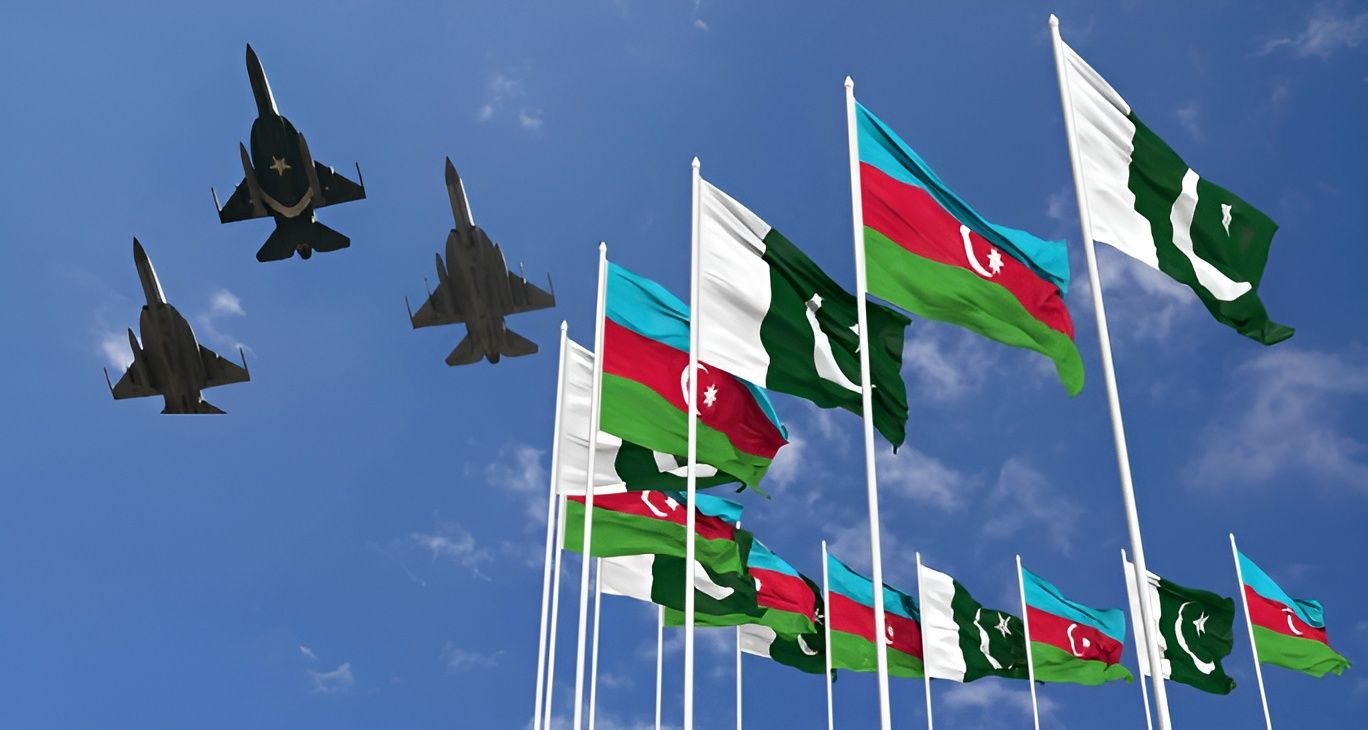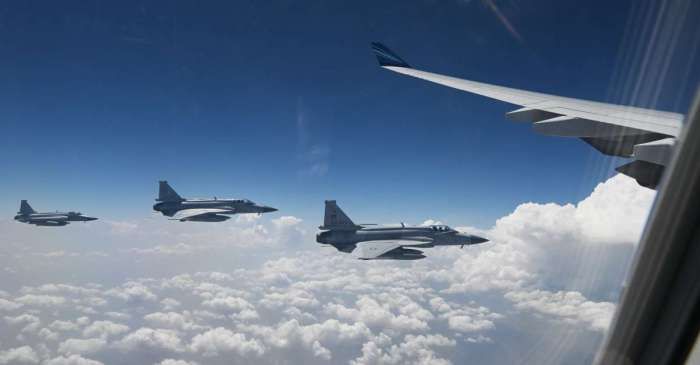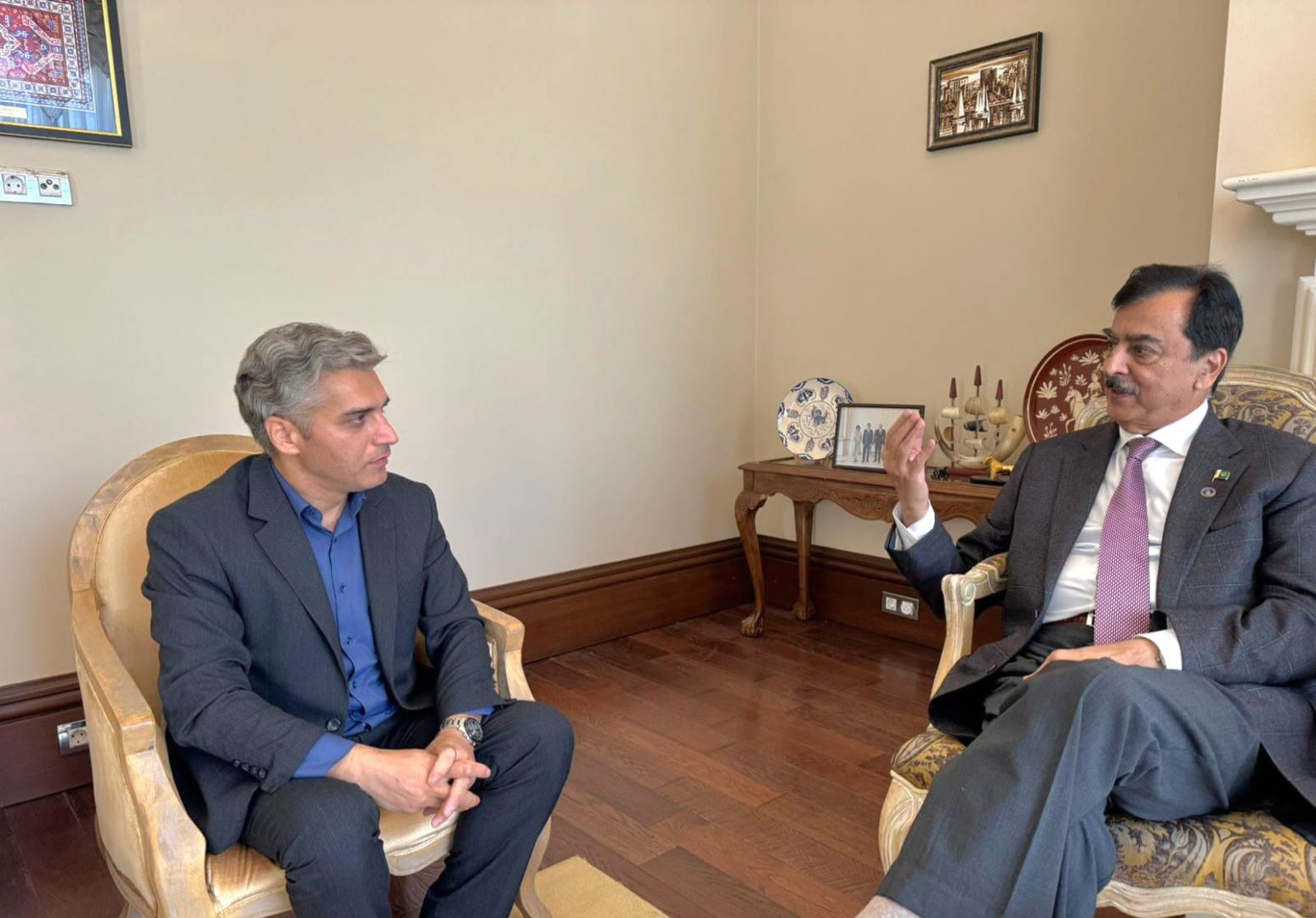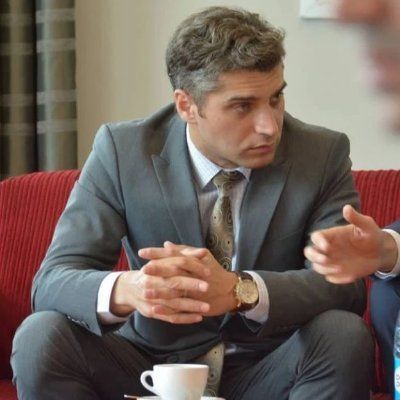From Qarabağ to Kashmir: How shared struggles unite Pakistan, Azerbaijan

On 8 November, Azerbaijan will mark the fifth anniversary of its historic Victory Day. It is a date that was etched not only into national memory but also into the collective consciousness of the Muslim world. The liberation of Azerbaijani lands after more than three decades of occupation was not merely a geopolitical triumph. It was a moral and spiritual victory, an affirmation of justice long delayed but finally delivered. Yet Azerbaijan has never claimed this victory as a solitary achievement. Behind every soldier of its valiant army stood the steadfast friendship of its allies, foremost among them, the Republic of Türkiye and the Islamic Republic of Pakistan. The solidarity of these two brotherly nations, particularly Pakistan’s unwavering moral and political support, has been a cornerstone of Azerbaijan’s resilience throughout the conflict and in its aftermath.
The story of Pakistan’s friendship with Azerbaijan began even before the ink on Azerbaijan’s independence was dry. On 12 December 1991, Pakistan became one of the very first countries to recognise Azerbaijan’s sovereignty. But it was more than a diplomatic gesture; it was a sign of kinship. In an era when many nations hesitated to choose sides, Pakistan took a principled stand by refusing to recognise the occupying country as a state, literally, citing its occupation of Azerbaijani territories. Such integrity is rare in international politics, where pragmatism often eclipses morality. Pakistan’s position was rooted not in transactional diplomacy but in shared values, such as faith, justice, and the enduring ideal of freedom. Over the years, this moral alliance has matured into a strategic partnership, embodied in robust defence cooperation and mutual political support on the global stage.
The defence partnership between Azerbaijan and Pakistan has evolved into one of the most significant pillars of their bilateral relations. The two nations have signed multiple agreements covering military training, intelligence sharing, and joint exercises. Pakistani military instructors have helped train Azerbaijani officers, while Azerbaijani cadets have studied at Pakistan’s prestigious military academies. In recent years, trilateral cooperation between Azerbaijan, Pakistan, and Türkiye has created what analysts often refer to as a “triangle of brotherhood”, a regional bloc rooted in shared Islamic identity, strategic interests, and a collective aspiration for stability. The three nations’ joint military exercises, such as “Three Brothers – 2021”, stand as living proof of this alliance in motion. When President Ilham Aliyev paid an official visit to Islamabad, the reception he received spoke volumes about Pakistan’s affection for Azerbaijan. As his aircraft entered Pakistani airspace, it was escorted by the proud wings of Pakistan’s Air Force fighter jets, a rare honour reserved for the most trusted of friends. It was not just a diplomatic protocol; it was a symbol, a gesture that resonated with emotion, a brother’s salute to another brother’s victory.

Now, as Azerbaijan prepares to celebrate five years since its triumph in the Patriotic War, the air in Baku is filled with a sense of renewal and gratitude. Among those who share in this jubilation is Pakistan. Islamabad’s joy is heartfelt, visible not only in words but in deeds. The planned visit of Pakistan’s Prime Minister, Shehbaz Sharif, to Baku, coinciding with Victory Day celebrations, is more than ceremonial timing. It is a reaffirmation of brotherhood, a message that Pakistan’s happiness is intertwined with Azerbaijan’s success. “When one brother rejoices, the other cannot remain silent,” said a Pakistani diplomat recently, a sentiment that perfectly captures the essence of this alliance.
There is an old saying: “Only he who has known pain can understand another’s sorrow.” Perhaps this is what binds Pakistan and Azerbaijan so deeply. Both nations have endured the scars of occupation and the wounds of injustice. For Pakistan, the decades-long struggle over Jammu and Kashmir remains a painful chapter, one marked by displacement, militarisation, and unfulfilled resolutions. The Pakistani people understand, more than most, the emotional weight of occupied land and the yearning for self-determination. Pakistan’s Ambassador to Azerbaijan, His Excellency Qasim Muhiuddin, captured this shared empathy poignantly during a meeting with journalists in Baku. “Just as Azerbaijan suffered in Qarabağ, we suffer in Kashmir,” he said. “Even today, we receive reports of casualties near the line of control. The mountainous terrain and heavy rains often shift buried mines by India, creating constant danger for villagers. It is a haunting echo of what Azerbaijan once endured.” The ambassador spoke with visible emotion when recalling his visits to Qarabağ. “Every time I travel there, it feels as though I am visiting my own homeland. Our last trip to Lachin was breathtaking, especially the landscape, the winding roads, everything about it reminded me how dear these lands are to us.”
That encounter between Ambassador Muhiuddin and the media was marked by another distinguished presence, that of Pakistan’s Senate Chairman, His Excellency Yusuf Raza Gilani. His participation underlined Islamabad’s desire to celebrate Azerbaijan’s victory not from afar, but side by side, shoulder to shoulder.

For Mr Gilani, this was his second visit to Azerbaijan, and he spoke with admiration of Baku’s transformation. “Your city,” he said with a smile, “is as graceful as the Caspian breeze itself.” But his remarks soon turned to matters of substance. In a conversation that evolved almost into an impromptu interview, Mr Gilani discussed Pakistan’s current challenges, the tense situation along its border with Afghanistan, the resurgence of Taliban activity, and the precarious balance of regional power involving two nuclear neighbours, India and Pakistan. “Our region is standing at a crossroads,” he reflected. “Terrorism is the common enemy that respects no borders. Pakistan has suffered greatly from it, and we stand firmly for peace and stability.” Drawing a parallel between Pakistan’s own struggles and Azerbaijan’s decades-long ordeal, Mr Gilani observed: “Both our nations have endured occupations and conflict. But Azerbaijan’s perseverance over thirty years, and its subsequent drive for peace, should serve as a model, not only for our region but for the world.”
His words resonated deeply: “In a time when many countries are consumed by division, Azerbaijan has shown how courage and diplomacy can coexist. What you have achieved in the South Caucasus is nothing short of exemplary.” The sincerity in Gilani’s tone reflected more than political courtesy; it was the voice of shared destiny. Pakistan and Azerbaijan are bound not merely by religion or rhetoric but by the same unyielding spirit, the conviction that justice, though delayed, will ultimately prevail. As both countries continue to navigate a turbulent geopolitical landscape, from the Hindu Kush to the Caspian, their partnership offers a glimmer of hope. In an era when alliances are often fleeting, their bond remains firm, tempered by history and fortified by trust. When the flags of Pakistan and Azerbaijan fly side by side in Baku on Victory Day, they will not only represent two sovereign states but two souls intertwined by the trials of history and the triumphs of faith.
As Yusuf Raza Gilani eloquently put it, “The world may see borders, but we see brotherhood. And in brotherhood, every victory is shared.”
Here we are to serve you with news right now. It does not cost much, but worth your attention.
Choose to support open, independent, quality journalism and subscribe on a monthly basis.
By subscribing to our online newspaper, you can have full digital access to all news, analysis, and much more.
You can also follow AzerNEWS on Twitter @AzerNewsAz or Facebook @AzerNewsNewspaper
Thank you!

